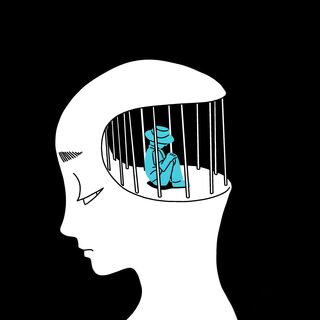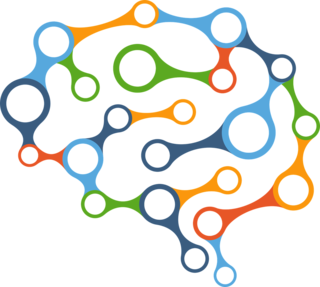Depression
New Study Finds Brain Network for Resilience in Depression
Findings may improve understanding of depression and lead to better treatments.
Posted October 14, 2022 Reviewed by Devon Frye
Key points
- Two distinct brain networks found to be associated with increased vs. decreased symptoms of depression.
- A “resilience” network associated with less depression coincided with nodes of the default mode network.
- A “risk” network associated with more depression coincided with nodes of the salience network.
- It is hoped that this research will lead to neuromodulation treatments for those suffering with depression.

The rapidly developing field of neuromodulation has provided hope for alternatives to traditional drug-based treatments for mood disorders. Research has shown that these noninvasive procedures can be effective in relieving symptoms of depression and improving quality of life. Unfortunately, uncertainty remains about which brain areas to target.
In a new study published October 1 in the journal Brain, researchers report results from patients with various types of brain injuries that show two distinct brain networks associated with symptoms of depression: one associated with an increase in symptoms (a "risk" network) and one associated with a decrease in symptoms (a "resilience" network).
Brain Networks for Resilience and Risk in Depression
Using brain imaging scans and depression scores from over 500 patients who had acquired localized areas of brain injury (from a stroke or other type of traumatic brain injury), detailed statistical analyses allowed researchers to correlate the locations of brain lesions with levels of depression in the months following the brain injury. This lesion mapping approach is a powerful tool for inferring the function of brain regions; if damage to a particular area results in the loss of an ability, that area is most likely required for that ability.
Regions associated with less depression coincided with nodes of the default mode network, which is involved in self-referential thinking or introspection. Specifically, peak “resilience” regions included the right medial prefrontal cortex, right orbitofrontal cortex, right inferolateral temporal cortex, and ventral prefrontal white matter tracts.

According to Nicholas Trapp, M.D., University of Iowa Assistant Professor of Psychiatry and lead author of the study, "Previous studies have suggested nodes of this network may be hyperactive in people with depression, who are prone to ruminating. It's possible that lesions within this network may alter that circuit in a way that leads people to report less depression."
By contrast, the researchers discovered that the brain areas most strongly associated with increased depression coincided with nodes of the salience network, which is involved in emotional processing, attention, and task reorientation. Peak “risk” regions included the bilateral dorsolateral prefrontal cortex, left dorsomedial prefrontal cortex, bilateral anterior insula, and dorsal prefrontal white matter tracts.
Patients with brain lesions outside of either the default mode network or the salience network had average depression scores and served as a control group.
It is hoped that this research will lead to better treatments for those suffering from depression. "This could open the doors to potential studies looking at deep brain stimulation, or non-invasive forms of stimulation like TMS, where we might be able to modulate the specific brain areas or networks that we've identified, to try to get [an] antidepressant effect, or potentially other therapeutic effects," said Trapp.
References
Trapp, N.T. et al. (2022). Large-scale lesion symptom mapping of depression identifies brain regions for risk and resilience, Brain: awac361; https://doi.org/10.1093/brain/awac361


